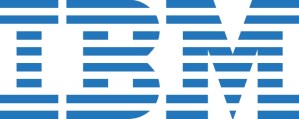
Technology titan IBM has reached a settlement with the Securities and Exchange Commission that will see the company forking over $10 million over charges the company engaged in a decade-long campaign of bribing government officials in China and South Korea in order to win lucrative contracts. The SEC had charged IBM with violating the Foreign Corrupt Practices Act (FCPA), claiming the company had engaged in a “widespread” campaign of influencing government officials, including paying for vacation and travel junkets for Chinese officials, and even handing over shopping bags filled with cash to South Korean officials. Additional gifts included notebook computers, cameras, and various entertainment expenses.
The SEC claims the bribes amounted to hundreds of thousands of dollars; IBM’s settlement will include some $5.3 million in profits it obtained as a result of the bribes, some $2.7 million in interest, and a $2 million penalty. An overall fine of $10 million is comparatively small for a settlement of FCPA charges—and may indicate that, as bribing government officials goes, IBM wasn’t all that aggressive about it. However, the SEC’s charges indicate the agency believes more than 100 IBM employees were involved in the actions from 1998 running all the way up through 2009.
As part of the settlement, IBM is neither admitting or denying the charges.
The settlement is the latest in a string of corruption settlements that have tainted some of the U.S. technology industry’s biggest names: last year, Hewlett-Packard agreed to pay $55 million to settle charges it paid kickbacks in order to win government contracts, as well as another $16 million to settle charges it bribed Texas school officials. Earlier last year, Oracle agreed to pay $46 million to settle charges Sun paid kickbacks to Accenture.


